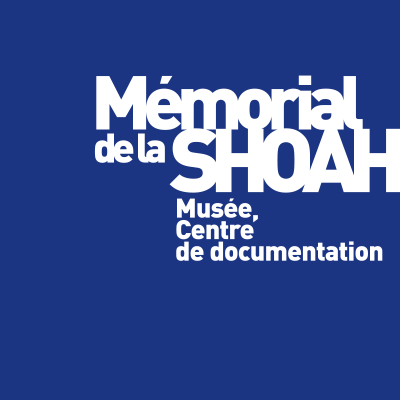the meaning of words: Negationism
It’s,
In the strict sense, the denial of the existence of the Shoah; in the broad sense, the denial of other genocides and other crimes against humanity.
Regarding the Holocaust, the negationists claim that the Jews invented it with the aim of making Westerners feel guilty in order to allow the creation of the State of Israel and to extend their influence over the world.
When and how did the term "negationnism" appear?
In the 1970s and 1980s, negationist speeches gained in popularity, particularly in certain academic circles (Faurisson case started in 1978) and political circles (Jean-Marie Le Pen "detail" case, 1987). Relayed in the press, these speeches become audible.
At the end of the 1980s, historian Henry Rousso proposed the term "negationnism" to replace that of "revisionism", which he considered insufficient and misguided by personalities like Robert Faurisson in order to give a scientific appearance to their speeches.
And today, what about it?
In France, the amendment to the press law of 1881 nicknamed 'Gayssot law' has since 1990 provided that "Those who have contested [...] the existence of one or more crimes against humanity as defined by article 6 of the statute of the international military tribunal annexed to the London agreement of 8 August 1945 [...] shall be punished by a year’s imprisonment and a fine of €45,000."
In 2007, the UN General Assembly adopted a resolution condemning the denial of the Holocaust.
Since 2017, the object of the offense is no longer limited to the crimes of Nazi Germany: it has been extended to other genocides and crimes against humanity.
Negationism is not...
A reinterpretation of historical facts, as some negationists try to make believe. As Henry Rousso points out, Holocaust denial is part of a "system of thought, an ideology and not a scientific or even simply critical approach".
To go further: Negationism in France by Valérie Igounet
Discover the meaning of words
